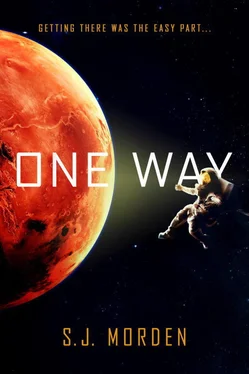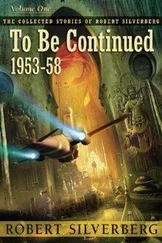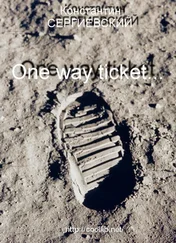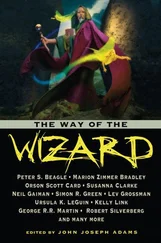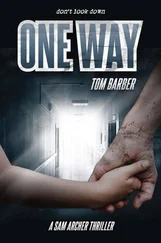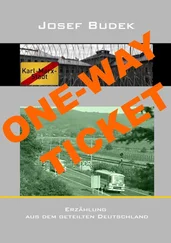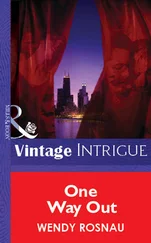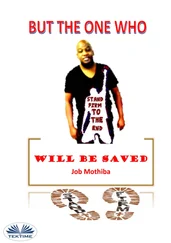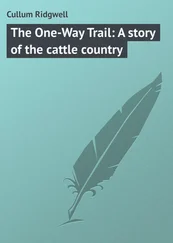Frank watched the landscape slip by. The cars, the houses, the side-roads—especially those, because he was left perpetually wondering what lay along them. He’d never know. This was the free world, just outside the tinted windows of the minivan. He could reach up and open the door and throw himself out into it. Or, if the van had central locking, his window was electric and he had the controls; he could probably squeeze through it, though he’d end up head first over the roadway. If he’d wanted to kill himself, there’d been opportunities before, and he hadn’t taken them. No reason to get fixated on it now. Plus, assuming he survived the fall, he’d be shot for his efforts.
And it was the built environment that held his attention, not the rolls and folds of the land. He was disappointed that not much had changed since he’d gone inside. He supposed it hadn’t been that long, objectively. It had just felt like it: prison had started as a novel experience, then had blurred into an endless rhythm of incarceration. Next to him on the seat was a brown cardboard box, containing the few items he’d salvaged from his former life that time, other prisoners and vindictive guards hadn’t whittled away. He didn’t open it on the journey, not once; he knew everything that was inside it. But he did touch it every so often to make sure it was still there.
The road had started to rise at Roseville, flattened out briefly at Reno, then wound its way along cold, high river beds between the ridges. The sky cleared once more, and long ribbons of cloud tore themselves out above the gray-brown earth. At some point, trees made a comeback, and the road tilted gently downwards.
The I-80 was bounded by extraordinary areas of just nothing, punctuated by places that appeared to have little reason to exist, except to serve the travelers along the road and the few people who lived in the hinterland.
And he was going—hoped to go, intended to go—to a place that, even with his presence, would be essentially uninhabited.
They stopped for the last time at a tiny rest area placed at the highest point on a pass. It was late in the afternoon, but the air was cold. Frank’s shirt wasn’t enough, and Tosh had simply draped his own coat over Frank’s shoulders before he escorted him to the john. The other two cars in their convoy had pulled over together, a little way away. A man stood by one of them, mirror shades glinting, watching them make their way towards the neat wooden building where the stalls were.
As before, Tosh didn’t go in with him, didn’t harass him to hurry or denigrate him in any way. While Frank went in and did his business, he just sat down on a white concrete wall outside and took in the scenery. There wasn’t much to look at: the road and its sparse traffic, the communications tower on one of the adjacent peaks. A narrow glimpse into the valley beyond and the valley behind. Drifts of shrinking white snow.
It wasn’t a taste of freedom. What Mark had told Frank all still held: no reprieve, no parole, no license. His cuffed wrists were an honest reminder of that. But he could get used to being treated like a human being once again. That wouldn’t grow old.
He washed his hands in the cold water, and splashed some on his face. His skin felt waxy, preserved, like he’d been dipped in chemicals. He scrubbed harder, using his nails, and it took effort to stop before he clawed himself raw. There were a lot of feelings hanging in the air around him. He’d better keep them in check, or he’d find himself heading back this way.
He dried his hands as best he could, and unlocked the door to the outside. Two of the men from the convoy were talking with Tosh, but the moment he emerged, they separated from him and stood well back.
Frank walked straight back to the minivan and leaned against it. Tosh, approaching, used his key fob to unlock the doors.
“Your friends seem to think I’m contagious,” said Frank.
“It’s SOP,” said Tosh. “Nothing personal. They figure if they’re far enough away, they can draw, aim and shoot in the time it takes for you to rush them.”
“You could just chain me, or fit me with a shock collar. That’d work too.”
“It’s also a lot more work for us. You’re a straight-up kind of guy. I trust you, at least as far as this is concerned anyway.” He opened the door for Frank, and lifted his coat off Frank’s back as he got in. He waited for him to be seated. “Less than an hour now.”
“Thanks, Tosh.”
“My pleasure.”
They started off again, the three vehicles falling into line, still on the I-80, but angling south-east. They crossed the flat land, and just as they were approaching the Utah state line, they left the freeway.
Then it was south, bordering the luminous salt flats, and up into yet another line of hills, going deeper into the wilderness.
Frank watched the scrubland slide past. The only indication that they were going somewhere was that the road was broad and smooth, freshly tarmacked and well maintained. This wasn’t some dirt track in the wilds, marked out by two tire tracks.
There was nothing outside but bleakness. That, it had by the spadeful. And just when it didn’t look like anyone but the damn fool roadlayers had ever headed that way before, they rounded a corner on a small town. Identikit prefab housing was stacked up in neat, ordered rows, and there were people out on the slush-colored concrete, walking between buildings. Lights were on in the small, square windows.
“Is this it?” asked Frank.
Tosh consulted the satnav. “Zero point two miles to go. So it looks that way. This is where I leave you. Where you end up is a different thing.”
The convoy drove into the town, and flawlessly came to a halt in front of an anonymous impermanent structure. No one got out.
Just as the journey had started with a single phone call—Tosh had it on speaker, so that Frank could just hear the word “acknowledged”—so it ended with a repeat. The driver dialed a number, and told the soft breathing at the other end they were at their destination. “Acknowledged,” was all that was said again in response.
Both SUVs stopped so close they effectively blocked the minivan in. People walked by, close enough to touch, men and women. Frank hadn’t seen that much of women the last few years. It was difficult for him to tell if his perception of them had been recalibrated, but rather than finding them all clichédly beautiful, he discovered from the few minutes he was waiting there that the more feminine they looked, the more alien they were to him.
Nothing stirred. Not even his emotions. He frowned at himself, and looked out of the other window, across the street. The population could be roughly divided in three: the suits, the casuals and the overalls. Assuming this was a company town, then the casuals would be off-shift. The overalls would, depending on the nature of the work, do one of as many as three shifts. And the suits? They’d have it easy, as those in suits usually did. Get up, go to work, come home, kick back.
So where did a bunch of astronauts fit into all that?
Frank was blue collar. Proudly, unashamedly blue collar. He guessed he’d be with the overalls. They were going to work him like a dog, getting him up to speed on all the stuff he needed to know. And all the other things they had to do in order to get that prison pallor off him. Food with actual nutrients in. Sunlight. Exercise other than lifting weights or doing circuits.
How long did it take to train an astronaut? A year, Mark had said. He didn’t know if that would be enough, even though he wouldn’t be doing any of the flying-the-spaceship heroics. For him, the actual astronaut bit would be, what? Zero gravity? Maintaining the electrical systems and the pipework? A spaceship was just a complicated, compact building, with a big motor at one end, right? Spacesuit wearing, too. Mars had an atmosphere, though the guys he’d seen on the prison television kicking up the red dust were all wearing spacesuits.
Читать дальше
